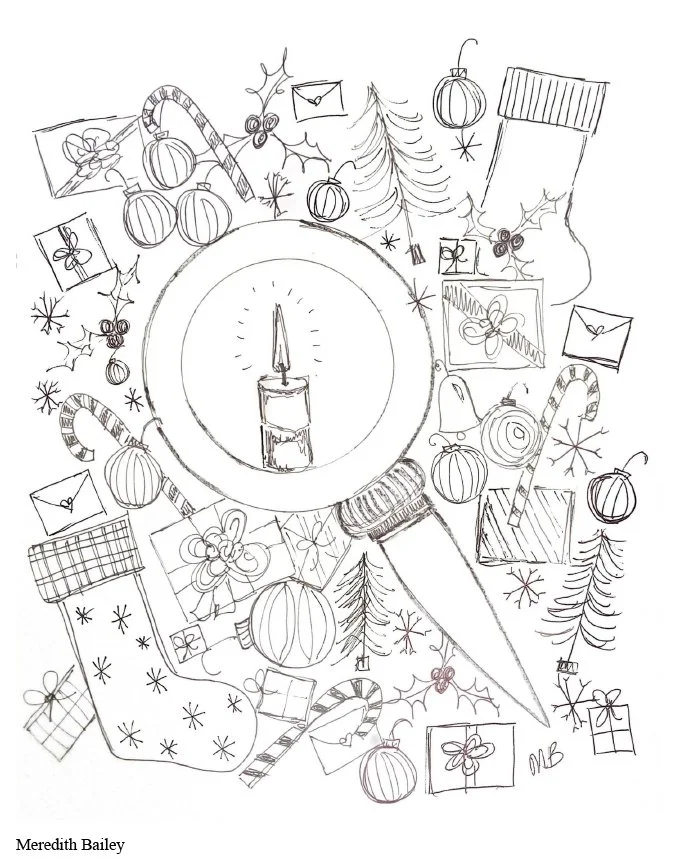There was a promise made many generations before Mary received “good news of great joy that would be for all the people (2:45).” In Eden, Eve believed the “Edenic Poison” from Satan. God’s word was not true—she would not die for disobedience (Gen. 3:4). God’s character could not be trusted. God was restrictive (Satan asked if she could not eat of any of the trees in the garden). Adam bought into this Serpentine theology too.[1] Believing this plunged Adam and all of us offspring under the curse and condemnation of God (Rom. 5:12). But God did not leave Eve without a promise. He promised One would come to crush the Serpent through His suffering (Gen. 3:15). God confirmed this promise through Abraham, David, and the Prophets. One was coming who would reverse the curse! Isaiah promised this offspring would be crushed by God, make atonement for sin, and out of His obedience would count many righteous (53:10-11). Fast-forward back to an obscure town in Galilee named Nazareth. The fulfillment of the promise made to Eve had come! Gabriel had Good News for Mary. The One in whom all blessing was to be found, God incarnate, would dwell inside of her. And Mary simply believed. Mary became a partaker of God’s blessing in Christ—trusting God’s word was absolutely true and that His character was absolutely good. He had come to save His people from their sin (Matt. 1:21). The Father “moved with nothing but His free love to mankind lost”[2] sent His Son. If we want to know what God is like, we will find Him incarnate in a cattle stall. The love of the Father freely given in a Savior who delivers all from the curse and condemnation of sin who will receive Him, like Mary, with the empty hands of faith. Whether it be for the first time or if it has been nearly a lifetime, our response is to be the same. This Advent, we are called to receive, as “she who has believed,” this good and gracious Savior, who is ours to have today.
Tyler Swadley
[1] See Ferguson, Sinclair, The Whole Christ: Legalism, Antinomianism, and Gospel Assurance: Why The Marrow Controversy Still Matters. Wheaton, IL: Crossway, 2016.
[2] Fisher, Edward, The Marrow of Modern Divinity. Ross-shire, UK: Christian Focus, 2009. 371.

